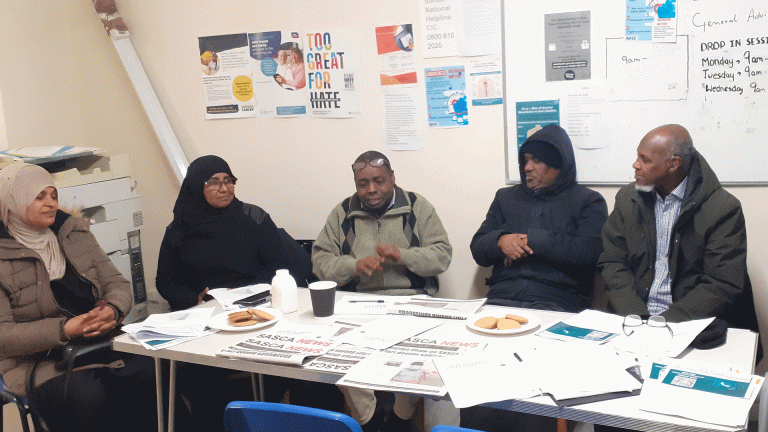Two in three people in the UK believe that Jobcentres should prioritise supporting people into work over enforcing sanctions, new research has found.
The New Economics Foundation (NEF) has found that nearly 70% of people thought it was more important to support unemployed people into quality jobs rather than pushing them into any job as soon as possible.
Meanwhile, 62% thought the Department for Work and Pensions (DWP) should offer a positive service to those who want support rather than use sanctions to punish those who don’t follow the rules.
- Liz Kendall wants to reform the DWP from a ‘department for welfare’ to a ‘department for work’
- PIP changes: Labour government urged to drop ‘dangerous’ disability benefit reforms
The new Labour government has said it wants to support more people into better jobs and address the growing numbers out of work due to disabilities and poor health to tackle a growing benefits bill.
It is estimated that spending on disability benefits will increase by £30bn in the next five years, according to statistics from the Office for Budget Responsibility (OBR).
There are currently 2.8 million people out of work due to ill health or disability, which the DWP hopes to address, but experts are calling on the government to prioritise support over sanctions and conditionality.









